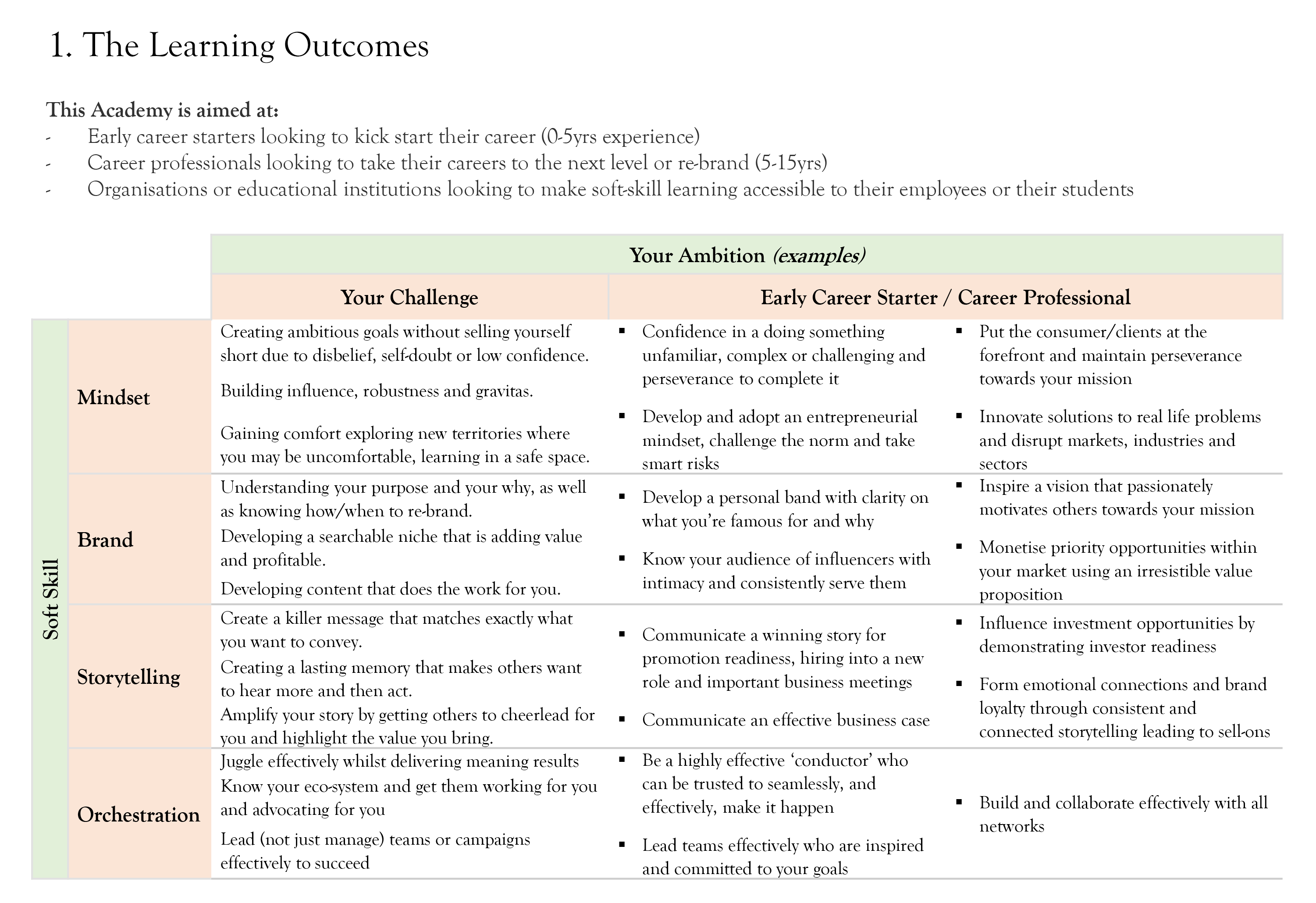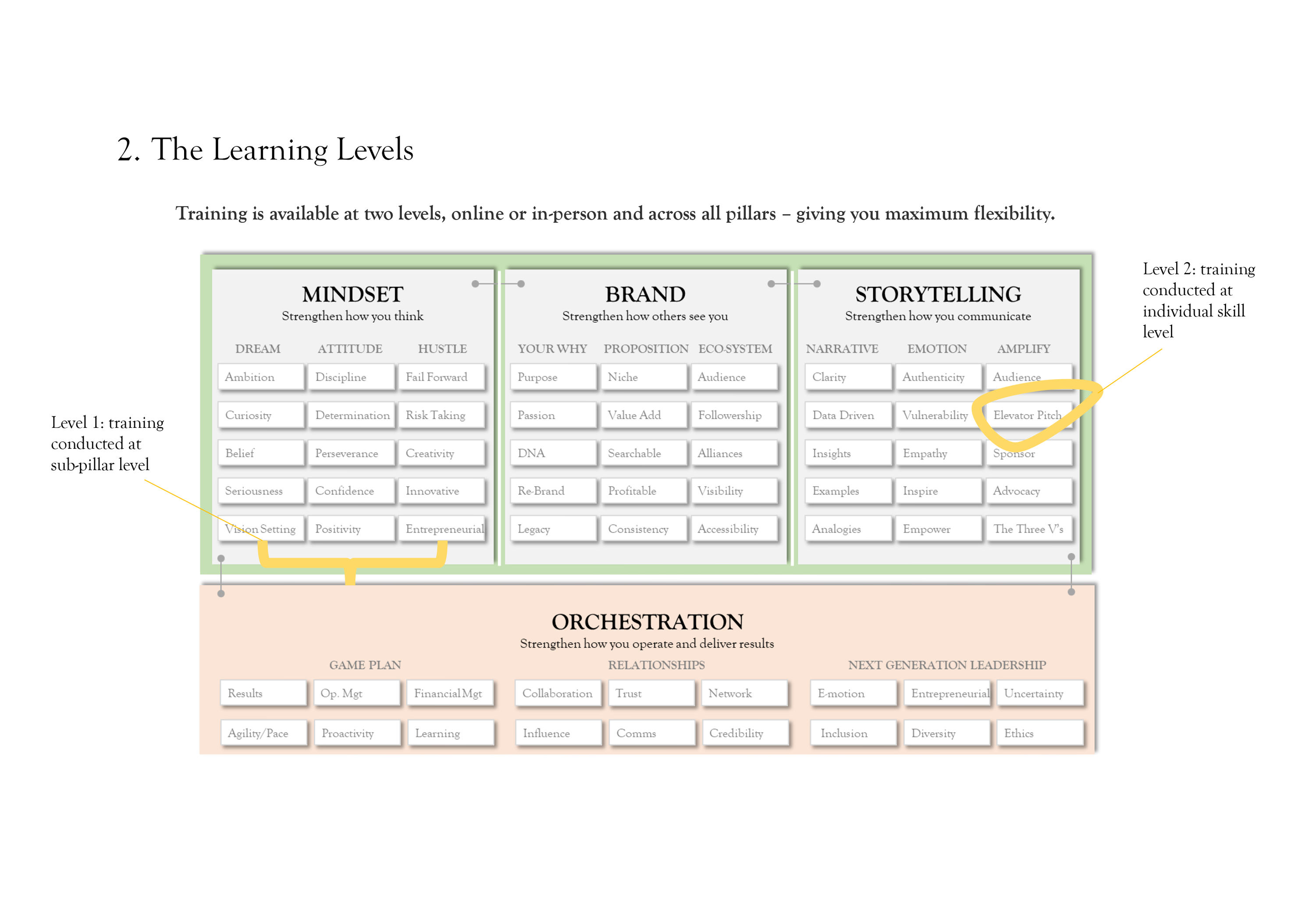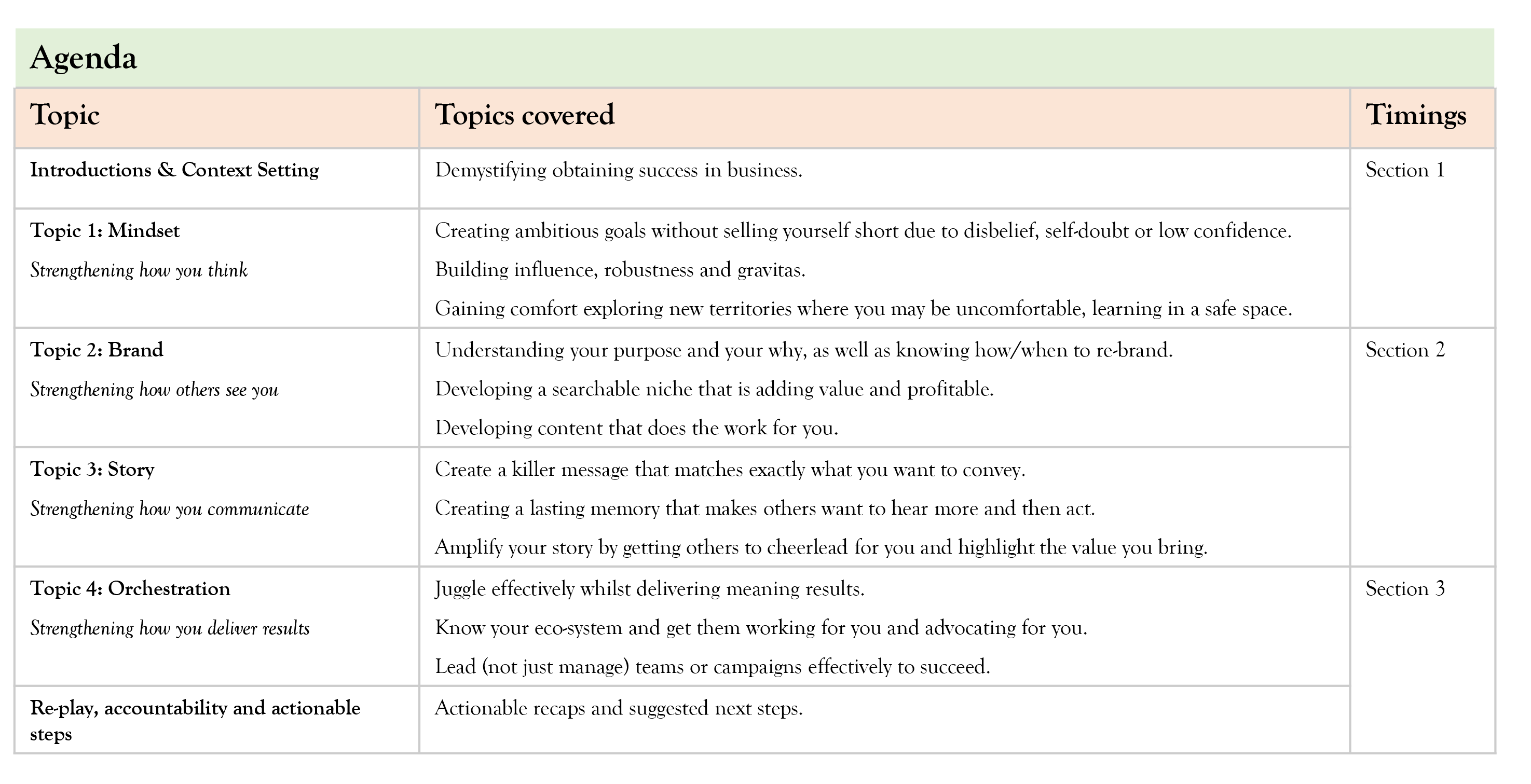
© 2024 All rights reserved
Follow our journey and make sure you get our latest insights, tips and news about our events


These are just a few sample career scenarios you may be dealing with; our Career Transformation Academy is designed to help

Please select time slot
